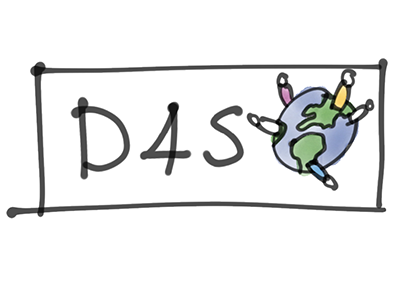The course Design for sustainability covers different methods for design in development of technical systems that are relevant for engineers of Design and Product Realisation to use professionally, to engage in sustainability adaptation. By correlating sustainability concepts to the design and product realisation process with systems focus, the course aims to contribute to creating overview and understanding of how design in various ways can be used in sustainability adaptation of industrial systems. With a focus on the development of technical systems, the course intends to create understanding of how design in an intentional way can influence relations between people and technology, thereby contributing to sustainability adaptation. Furthermore, the course promotes learning through making and in work with a design project different design methods are used and tested to make complexity in sustainability concrete.
The course focuses on development of technical systems and includes lectures and exercises that cover different methods for how design can contribute to sustainability adaptation.
The course includes a group-based design project, where proposals for sustainability adaptation of technical systems are developed. The design project is a hands-on activity, that requires attendance and active commitment of the students, including interaction with the teachers through supervision.
The course includes written assignments that contribute to visualise tacit knowledge and promote critical review and reflection.
